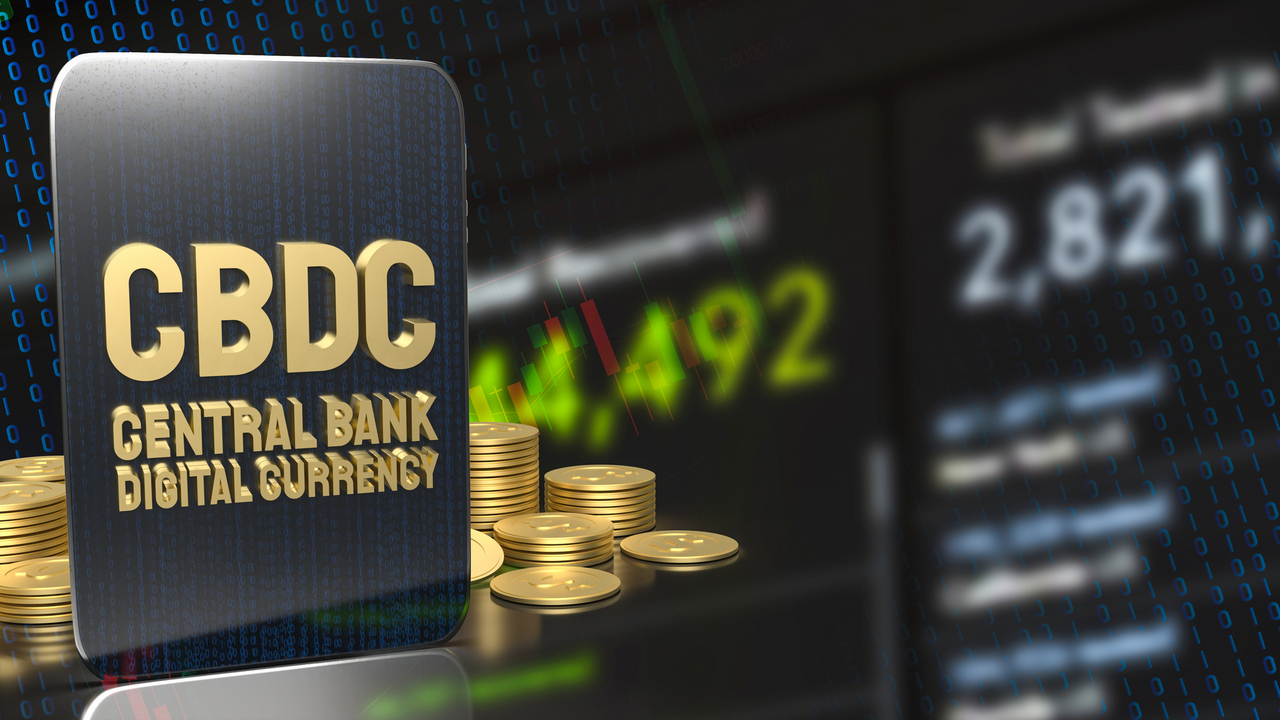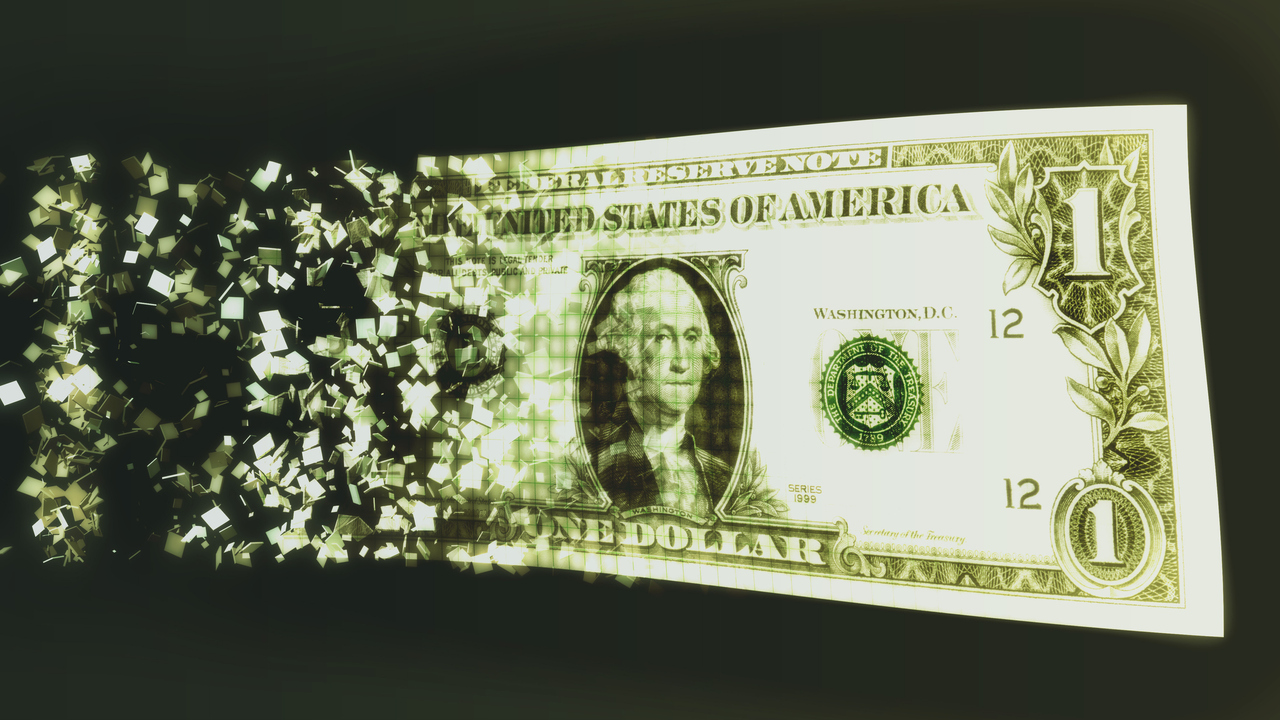The Digital Dollar Project (DDP), in partnership with Western Union and BDO Unibank, has successfully completed a pilot study of remittance payments to the Philippines using a simulated retail Central Bank Digital Currency (rCBDC).
Utilizing DDP’s Champion Model, the transaction involved a simulated central bank issuing CBDCs to an intermediary bank, which facilitated access to Western Union for remittance to a customer of BDO Unibank in the Philippines. Western Union used a decentralized exchange (DEX) to trade a U.S. dollar CBDC for a Philippine peso CBDC, with rates set in real-time by a third-party.
“The pilot demonstrated that rather than displacing the service offerings of Western Union and BDO Unibank, CBDCs present an opportunity to modernize processes and promote efficiencies for private sector companies and their customers,” the report read. The process could ostensibly save time and money while increasing transparency for remittances, which were valued at a total of $626 billion in 2022.
The primary difference from the traditional transaction process was the usage of central bank money throughout the transaction instead of commercial bank money. While privacy issues were not a focus of the study, the report acknowledged that the use of distributed ledger technology allows for enhanced control over consumer data sharing. This technology also allows the transfer of the message and the value to occur simultaneously and within seconds.
Remittances, typically valued at $200-$300 per transaction, are a substantial part of the global economy. In 2021 alone, $74 billion in remittances were sent from the United States, accounting for 7% of U.S. households.
The Digital Dollar Project was co-founded by former Commodity Futures Trading Commission Chair Christopher Giancarlo and received support from Accenture for the pilot project.
Read full story from Coin Telegraph.
Jack McPherrin ([email protected]) is a managing editor of StoppingSocialism.com, research editor for The Heartland Institute, and a research fellow for Heartland's Socialism Research Center. He holds an MA in International Affairs from Loyola University-Chicago, and a dual BA in Economics and History from Boston College.






